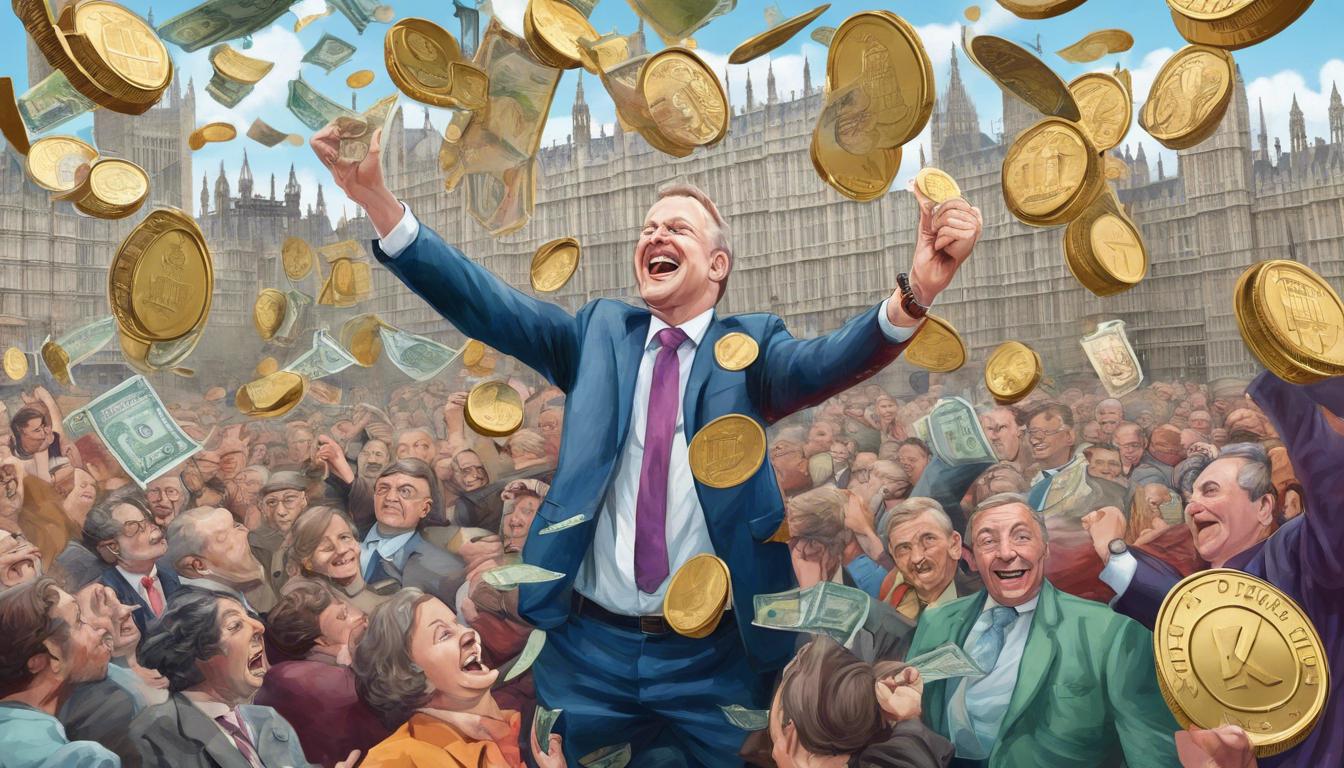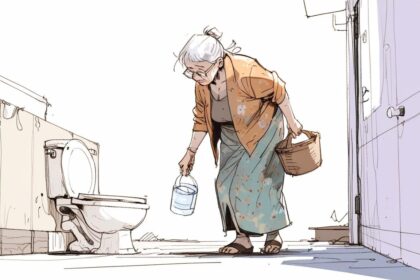UK MPs, including Prime Minister Rishi Sunak, are to receive a 5.5% salary increase as per the Independent Parliamentary Standards Authority, sparking nationwide debates over timing and fairness against the backdrop of prevalent economic difficulties.
UK Members of Parliament (MPs) are set to receive a 5.5% pay increase in April, raising their salaries to over £91,000 annually, according to the Independent Parliamentary Standards Authority (IPSA). This decision has sparked debates across the nation regarding the timing and fairness of such a move amidst prevalent economic challenges faced by many households.
The pay rise, also applicable to Prime Minister Rishi Sunak, will elevate his total remuneration to £166,786 due to additional income from his ministerial roles atop his MP salary. The raise brings MPs’ salaries up from £86,584 to £91,346, notably above the current inflation rate of 4%.
John O’Connell, the Chief Executive of the TaxPayers’ Alliance, criticized the increase, arguing it appears unjust for MPs to receive an inflation-exceeding raise while many citizens struggle financially. This sentiment reflects broader concerns among the public over the cost and timing of enhancing political salaries.
The IPSA defends the salary adjustment as necessary to acknowledge the significant function MPs have in democracy and to address financial pressures. This hike is also part of efforts to ensure serving in Parliament is not exclusive to individuals of significant wealth, promoting a diverse and representative legislative body.
Rishi Sunak and his wife, Akshata Murty, with a net worth over £500 million, have indicated they will accept the pay raise. Sunak, who paid more than £500,000 in taxes from his income in the 2022-23 financial period, faces scrutiny for potentially being out of touch with the financial plight of ordinary citizens amidst this decision.
This development has intensified discussions about the appropriateness of such pay increases for MPs and government officials, especially in a period marked by widespread economic challenges and a rising cost of living. The IPSA maintains that the raise is part of its agenda to foster a more inclusive and diverse parliamentary representation.













